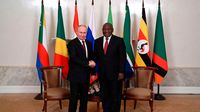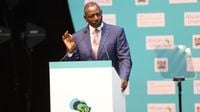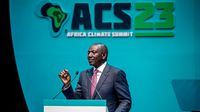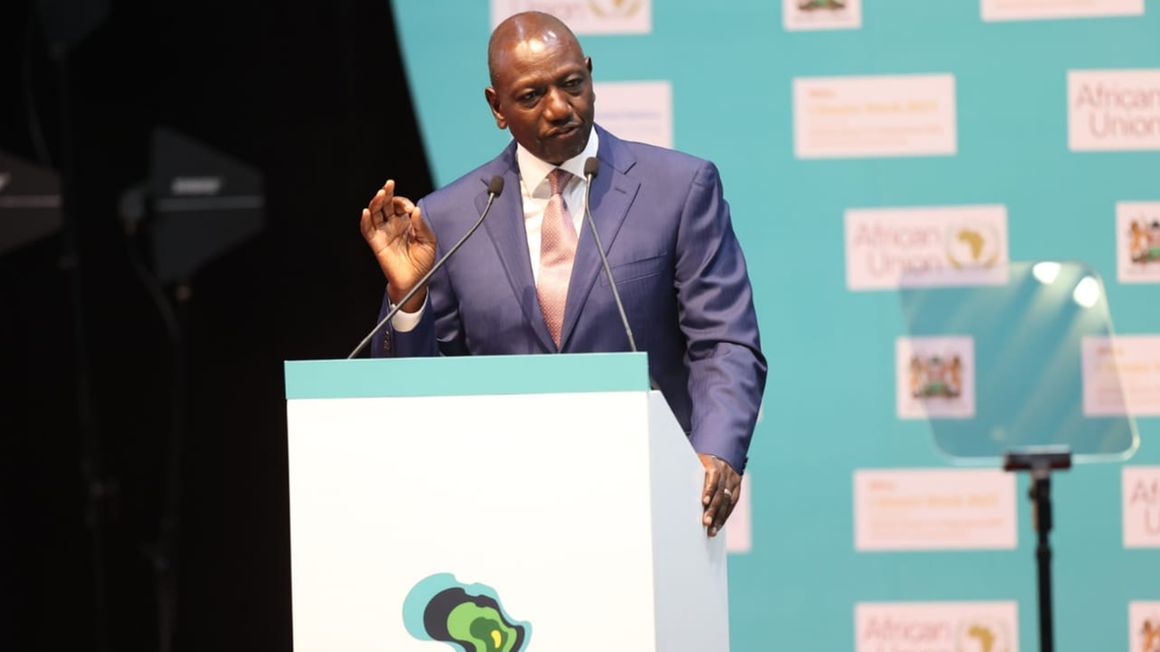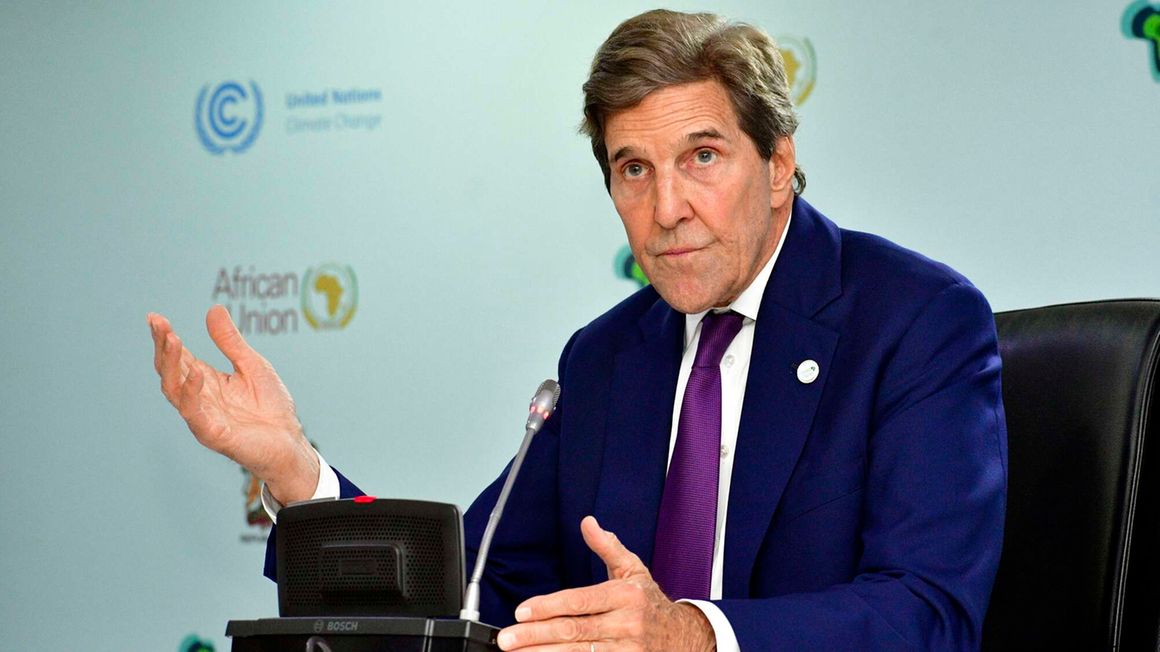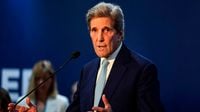International attention is clearly part of the plan: the company wants to make an example of Canada.
Blayne Haggart
September 6, 2023
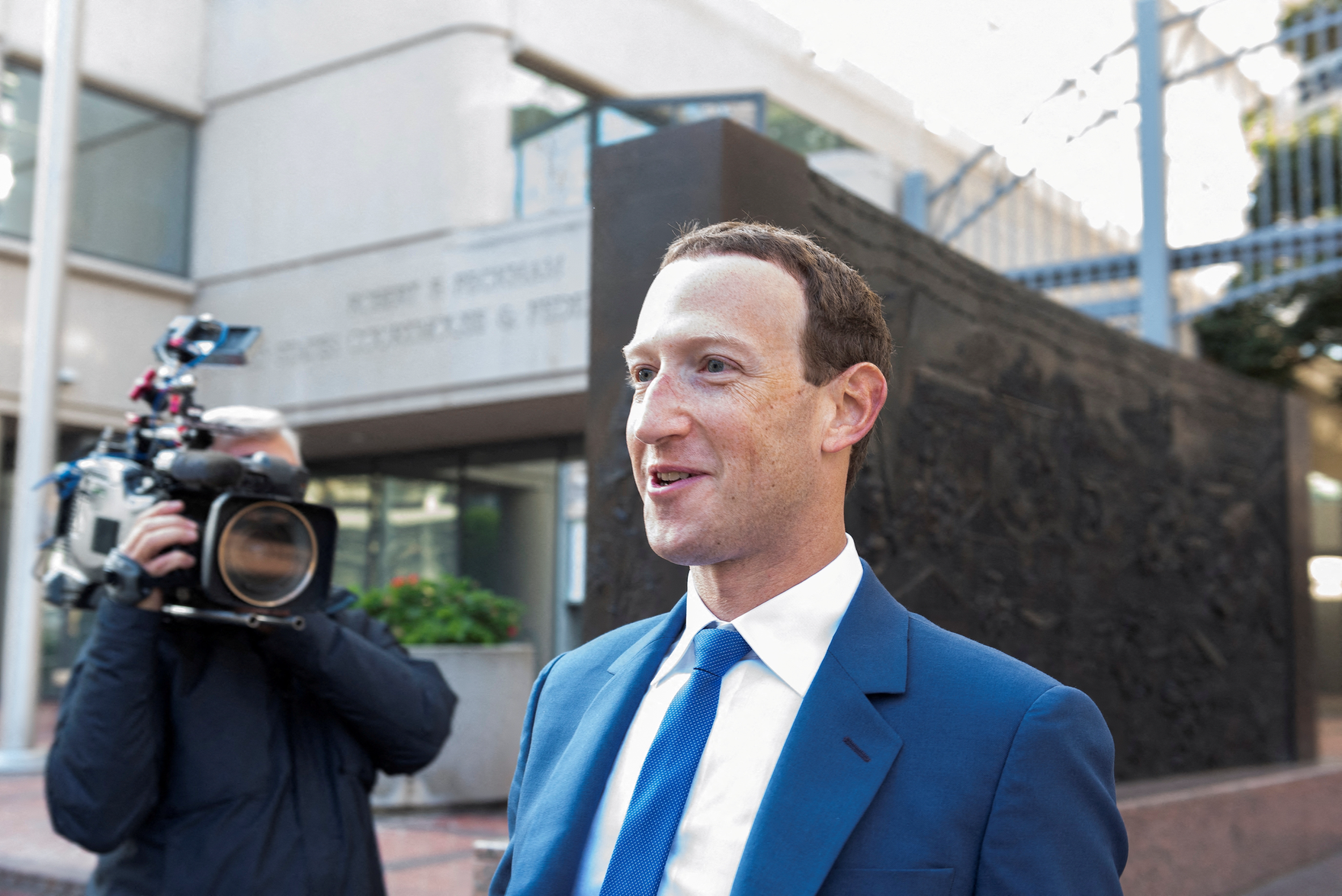
Meta’s ongoing (as of this writing) blocking of news media on Facebook and Instagram in Canada, in response to the federal government’s passage of the Online News Act, has garnered international attention. Many other countries are considering passing a version of the act, itself modelled on an Australian law, that would, like Canada’s, require large social media and search engines that are “digital news intermediaries” to negotiate payments to these news companies. And Meta’s consistent refusal to lift its blockade to help Canadians deal with the worst forest fires in our history has only supercharged international attention.
For Meta, international attention is part of the plan. The company clearly wants to make an example of Canada to the rest of the world: this is what happens when a democratic country that isn’t a global or economic superpower tries to regulate it in ways it doesn’t like. The lesson: We can hurt you. Regulate us and we will.
But that’s not the only — or even the most important — lesson to be drawn from this attempted coercion. Recognizing those other lessons requires understanding what is actually happening, and why.
The what is straightforward: Meta (and Google, waiting in the wings) has spent the past two decades deliberately and successfully establishing itself as essential information infrastructure, a macrointermediary (a more precise term than “platform”) between its users and suppliers, on which Canadians are now dependent. Meta’s news blockade is the private sector equivalent of an authoritarian state internet shutdown, if somewhat (but not completely) more targeted: a blackout of vital communication infrastructure in order to crush dissent. The latter, in this case, stems from the democratically elected representatives of the Canadian people in the form of the Online News Act, which treats Meta and Google as essential infrastructure, and regulates accordingly.
Once one understands this, the why also becomes clear. It’s not about a principle, or even money. Meta is calling the question of whether democratic governments are able to control these transnational companies and subject them to the rule of law in the public interest, or whether they are a law unto themselves. This action has implications not only for the funding of news media, but for any law the company deems not in its interest.
Lesson One: Close the Loopholes, Get Ready for a Fight
Technically, Meta is exploiting what it sees as a loophole in the Online News Act, which regulates “digital news intermediaries.” The reasoning, as University of Ottawa law professor Michael Geist, the foremost exponent of this approach, highlights in his many posts on the topic, goes as follows: If Meta kicks all news off its services, it’s no longer a news intermediary and not subject to the law.
This strategy is likely a big reason why the company has refused pleas to allow Canadians affected by the forest fires in the Northwest Territories and British Columbia to access news sources via their network — something Geist has also defended as consistent with the law.
Putting aside the obvious immorality of refusing to help — in fact, withdrawing help from — people in need, the fact that Canadians are begging Meta to restore news access shows how the company’s pretense that it is not a news intermediary, and therefore not subject to this law, is risible. Facebook has spent the past two decades marketing itself as the everything app. Its Free Basics plan is designed to persuade people in developing countries to see Facebook and its “walled garden” partners as equivalent to the internet. In 2019, the company attempted to launch its own currency, again, to bring ever more of the world under its umbrella.
The story is no different in news. Some 45 percent of Canadians cite social media as their “go-to place for news.” On the supply side, for the past decade Meta has positioned itself explicitly as a medium (i.e., an intermediary) for “ideas and news,” and had made a big show of supporting “a healthy news ecosystem,” funding “dozens of news publishers,” although it has since cancelled a program funding local reporters to protest the law and indicated its other programs “could be at risk.”
Online search engines are even more important to how we find and access information. In Canada, Google remains the only game in town, accounting for 92 percent of searches.
Of course these are digital news intermediaries. If it walks like a news intermediary and quacks like a news intermediary, it’s a news intermediary. They've assumed the power; now, they rebel against the related responsibilities.
The good news is, loopholes can be closed. Communications scholar Dwayne Winseck suggests the answer may be in the legislation itself. Section 51 of the act forbids digital news intermediaries from “unjustly discriminat[ing] against an eligible news business” or providing “undue or unreasonable preference to any individual or entity, including itself.” Meanwhile, the Competition Bureau is investigating Meta’s actions as potentially anti-competitive.
No matter the outcome, the ideal policy response is obvious: close the loophole or sue for compliance. The lesson for other countries is that if you want to regulate these transnational corporations, make your legislation airtight and be ready to defend it.
While the spectre of taxing links raises fears of censorship and chilled speech, the act’s actual funding structure seems designed to address such concerns.
Lesson Two: This Is about Power
No grand principles are at stake here. Unlike previous large-scale digital protests undertaken to oppose proposed laws that could stifle free speech, Meta’s news blackout is not a principled stand for freedom of expression.
Indeed, Bill C-18 in no way impinges on freedom of expression. Contrary to some misleading claims, it doesn’t impose a “link tax.” While the spectre of taxing links raises fears of censorship and chilled speech, the act’s actual funding structure seems designed to address such concerns. Rather than designate the government as the decider, the law leaves it to the companies involved to negotiate agreements among themselves, subject to final-instance arbitration if needed. Such arbitration, as it happens, somewhat restricts Google’s and Meta’s power to exact overly favourable concessions from the companies that depend on their services. That is likely one reason why both oppose the bill so strongly.
Regardless, we already have empirical proof that freedom-of-expression fears over the act are overblown. Australia’s similar law, enacted in 2021, has not broken the internet or reduced access to information. On the contrary, the Australian Treasury reports that it’s been a resounding success in creating much-needed jobs for journalists.
Years of intense debates over hate speech, misinformation and disinformation have demonstrated the naïveté of the early-2000s utopian assumption that simply connecting people is enough to deliver freedom. Quality matters as much as quantity, and quality is expensive.
It is in no way unreasonable to require companies that form part of the information ecosystem to help support the news outlets that make their businesses socially worthwhile — especially when neither Facebook nor Google has thus far been a particularly responsible steward of this ecosystem. Google’s search algorithms have come under fire for bias and racism. Facebook’s network has facilitated hate speech (according to the United Nations, Amnesty International and Facebook itself) to the point of genocide, against the Rohingya in Myanmar in 2017.
If Meta’s news blackout is not about a principle, it’s also not about money. These are fantastically wealthy companies who, in Australia, Canada and elsewhere, have demonstrated they have no moral objection to funding news under other circumstances.
It is, rather, about power.
In Australia, Meta ended its news blackout in 2021 when the government agreed to allow it and Google to avoid designation under the law, if they reached funding arrangements with Australian news media companies. As the Treasury report notes, the resulting law allows the companies to choose with whom they will and won’t negotiate, the resulting agreements being kept secret.
In contrast, the Canadian law mandates negotiations, a degree of transparency, and mandatory arbitration if an agreement cannot be reached: democratically, it’s a superior option.
The contrast highlights the stakes for which Meta and Google are playing. These companies refuse to abide the loss of their power over others, to set the terms by which others operate.
International political economy scholar Susan Strange called the ability to set rules and norms “structural power.” That power is these companies’ line in the sand: a refusal to allow democratic countries to tell them what to do.
That companies, and not just countries, can exert structural power can be hard to understand. It can be difficult to recognize the direct equivalence between a government shutting down the internet to deal with protests and a company cutting off access to an entire country’s media.
But the effects are the same. The offending government can argue (correctly) that people can still talk to one another by other means, just as Meta argues that the 45 percent of Canadians who get their news from social media can simply go to the original source. In both cases, the injustice is obvious: people have become accustomed to using the internet, and Facebook, to communicate. It is fundamentally unjust to capriciously shut down these sources of information. It doesn’t matter if it’s the government or the company turning off the taps: the effect on people’s lives and livelihoods is identical.
The Meta news blockade is giving Canadians and governments around the world a lesson in private, unaccountable, capricious corporate structural power. It’s a lesson that will be very familiar to marginalized groups: capricious private power leaves you at the whims of the macrointermediary’s rules, which it can change at any time, for any reason.
If you depend on a company to direct subscribers and readers your way, as Halifax Examiner editor Tim Bousquet indicated his outlet does, in an interview with CBC Halifax, then that company has structural power over you.
If your visibility as an artist or influencer on a platform changes when the company adjusts its algorithm, that company has structural power over you.
If users can no longer access news as they’ve done for a decade because of a corporate decision, that company has structural power over them.
And if a country’s news media is thrown into an existential crisis when a company decides to block its work, that company has structural power over the industry, and the country.
Democracies were and are designed to make structural power accountable to citizens. Corporations, which can also exert structural power, are not so designed. Unaccountable structural power is ripe for abuse, as Meta is showing with its decision to block news during a natural disaster.
The company’s power grab is designed to thwart the stated purposes of the Online News Act, which is to both foster a healthy information ecosystem and promote stability and accountability, two things that Meta’s capricious corporate structural power eschews.
This is a fight that Canada — or indeed any country interested in effective regulation — was always going to face, the moment public and corporate interests diverged.
The Battle We Were Always Going to Have
There’s little room for compromise if one party refuses to accept the legitimacy of the other.
One way or another, this situation will be resolved, and its outcome will tell us where the balance of structural power lies between small-country democracies and these global, US-based, macrointermediaries.
The Canadian government’s proposed regulations for the Online News Act, released September 1, shed some light on this question. While the regulator, the Canada Radio-television and Telecommunications Commission (CRTC), would still retain oversight over any agreements, it cedes some structural power to the macrointermediaries. The regulations would provide a limit on their liability, and significant flexibility over which media companies they bargain with, allowing them to ignore “any group of 10 independent news businesses operating local news outlets.” Perhaps most significantly, the proposed rules would allow non-monetary services, such as training, to count as “compensation” to news providers. This raises the potential for the tech giants to extend their influence into newsrooms: there’s no such thing as neutral, unbiased training.
To place this in context, consider what some alternative outcomes would reveal about the exercise of structural power. Canada could back down further and withdraw the act, effectively showing that macrointermediaries can impose their will on democratic governments. Or the government could up the ante by suing Meta, or by closing the loophole, or by requiring that all social media not discriminate against legitimate news services. It could increase the pressure to the point where Meta is forced to choose between abandoning a trillion-dollar Group of Seven market and itself backing down.
Which brings us to the final lesson: This is a fight that Canada — or indeed any country interested in effective regulation — was always going to face, the moment public and corporate interests diverged. It could just as easily have been over online harms, competition policy, or something else.
This conflict is only part of a longer contest between global macrointermediaries and democracies seeking to subject them to greater democratic oversight. Meta’s news blockade should convince policy makers that these macrointermediaries are, first and foremost, competitors for power, not partners or service providers. This truth extends beyond communication, to health, smart cities and — with the arrival of commercial generative artificial intelligence — education. There’s not a policy area into which these corporations will not seek to insert themselves. The goal will always be the same: the pursuit of corporate structural power at the expense of domestic democratic governance.
Meta’s actions confirm that national governments must be very cautious about allowing companies to establish themselves as intermediaries — say, in artificial intelligence — and need to examine sectors, such as retail and transportation, in which corporations have already gained a toehold. If there’s any lesson from the Meta news blackout, it’s that these companies must be subject to more and stronger regulation, not less, in order to ensure stability, transparency and democratic accountability, in the public interest.
The opinions expressed in this article/multimedia are those of the author(s) and do not necessarily reflect the views of CIGI or its Board of Directors.
ABOUT THE AUTHOR
Blayne Haggart
Blayne Haggart is a CIGI senior fellow and associate professor of political science at Brock University in St. Catharines, Canada. His latest book, with Natasha Tusikov, is The New Knowledge: Information, Data and the Remaking of Global Power.
Canada Is Right to Push Back Against Digital Platforms’ Power
Requirements for social media companies to distribute ad revenue are not novel.
Natasha Tusikov
August 30, 2023

Unprecedented wildfires in the Northwest Territories and the Okanagan area of southern British Columbia are again highlighting the vital role that social media companies play in enabling people to access and share information during a natural disaster.
Many people have become accustomed to receiving news stories through Facebook and Instagram — about 30 percent and 10 percent of Canadians, respectively — but with Meta now blocking all Canadian news on its platforms, those fleeing wildfires have another thing to think about. As Prime Minister Justin Trudeau said on August 21, “Facebook is putting corporate profits ahead of our democracy and our well-being.”
Meta’s actions constitute a “chokepoint” — a tactic that only works when companies command significant market share and provide critical services. Worse, this news ban is political, intended to pressure the Canadian government into amending or repealing Bill C-18, the Online News Act, which will require fair revenue sharing between companies designated as “digital news intermediaries” such as Google and Meta and news outlets.
Requirements for social media companies to distribute ad revenue are not novel. In February 2021, Facebook reportedly used news blockades to bully the Australian government, which had introduced the News Media Bargaining Code, requiring Facebook and Google to establish commercial agreements with media companies in Australia for the remuneration of news content, or face legal consequences. The blockades resulted in the Australian government amending the bill, and Facebook lifting its news ban after eight days.
Meta’s Canadian news ban during a state of emergency starkly highlights the capriciousness and cruelty of corporate power. But it also provides an ideal opportunity to reflect on how we can regulate tech companies’ power, and why Meta’s decision is so consequential for news media organizations and for its users.
Meta, alongside Google, dominates the digital advertising industry. As digital advertisers, these companies courted the news industry and inserted themselves into the ecosystem. This relationship became interdependent: news organizations now rely on Google and Facebook for advertising revenue and traffic to their sites, while the social media companies benefit from users’ engagement with news stories, driving advertising. This relationship, however, is distinctly asymmetrical: social media companies control the advertising revenue flows by setting rates, and control user engagement through secret algorithms, allowing them to set rules that privilege their commercial interests over those of news organizations or the public.
Facebook and Instagram can also create chokepoints because they are designed to function not just as social media companies, but also as interfaces through which people would access other sites and services on the web. Facebook has long desired to be an “everything” or “mega” app that combines messaging, social media, payments and marketplace services in the same way that Tencent’s WeChat app has done in the Chinese market. This ambition has raised concerns of anti-competitive behaviour in the United States and elsewhere. While accessing news directly through a media organization’s app or its website is possible, this goes against Meta’s carefully constructed social media empire.
Recognizing how social media companies wield market power — including by instituting chokepoints that deprive other actors of revenue sources or audiences — better equips us for designing effective regulation. Canada’s efforts to implement the Online News Act can learn from Australia’s experience where, for example, researchers have found that a lack of transparency makes it difficult to determine which news outlets receives what amount of funds from social media companies. As a researcher from Swinburne University of Technology in Melbourne notes, under the code, social media companies may act to serve their “business priorities, rather than in the interest of the code’s stated aim of supporting public-interest journalism.”
The fight over the Online News Act is also a preview of the battles yet to come. The federal government has plans to introduce the right to repair for software-connected goods in 2024 and revive consultations on its long-stalled online harms legislation. These two initiatives will generate significant opposition from big tech, as has been evident in the United States, where high-powered lobby groups have pushed back against right-to-repair legislation. We need to plan how to regulate the wider digital economy and digital society, while addressing the problem of monopolies operated by incredibly powerful technology companies.
Meta’s extortive tactics during a wildfire-induced state of emergency are a dare for the Canadian government to back down. Instead, Canada needs to push back against unchecked corporate power.
This article first appeared in The Globe and Mail.
The opinions expressed in this article/multimedia are those of the author(s) and do not necessarily reflect the views of CIGI or its Board of Directors.
ABOUT THE AUTHOR
Natasha Tusikov
Natasha Tusikov is an associate professor of criminology in the Department of Social Science at York University and a visiting fellow with the School of Regulation and Global Governance (RegNet) at the Australian National University.
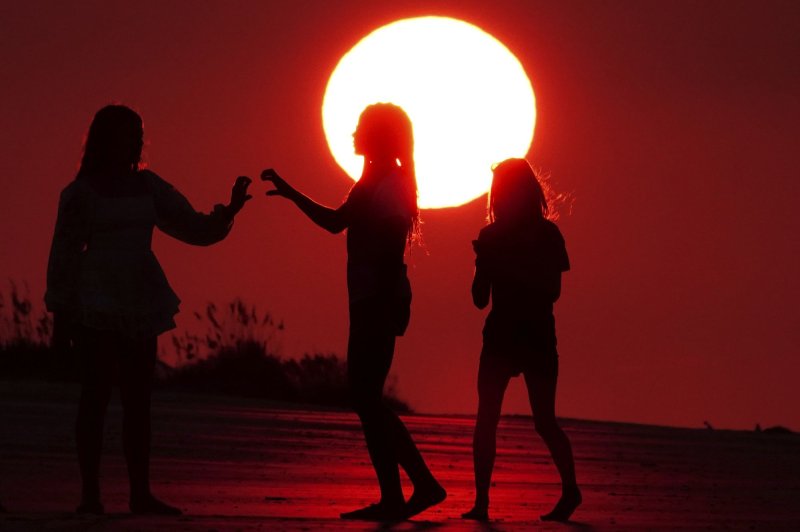

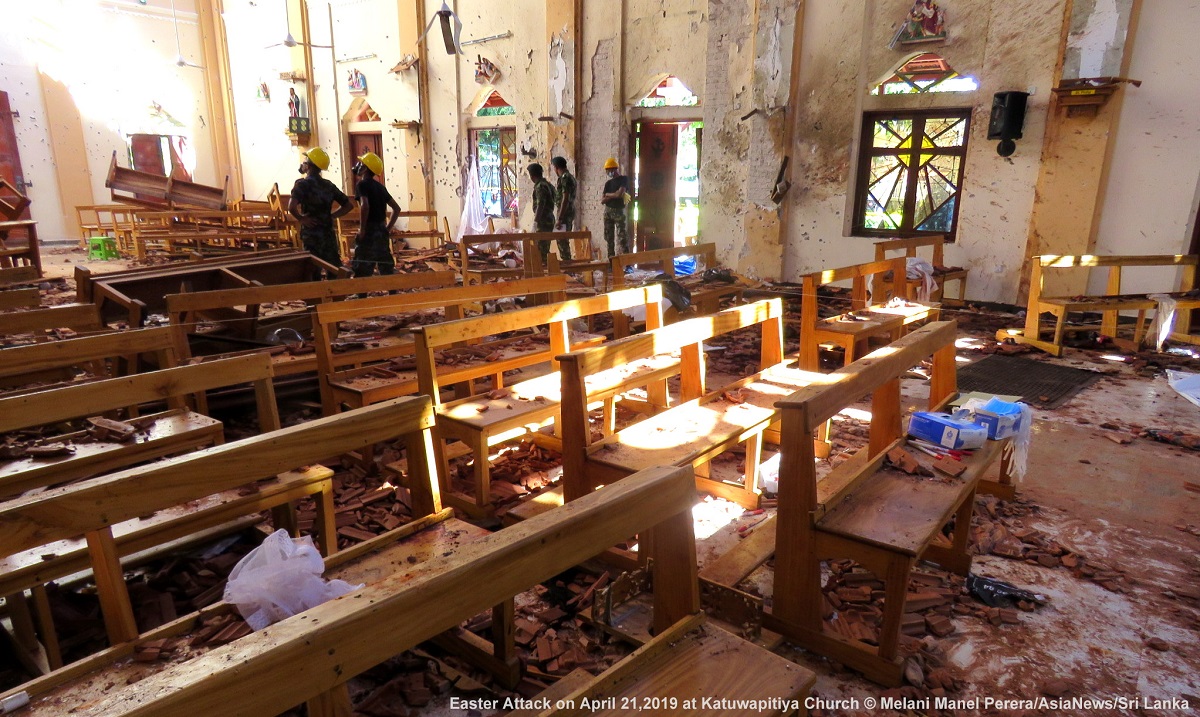

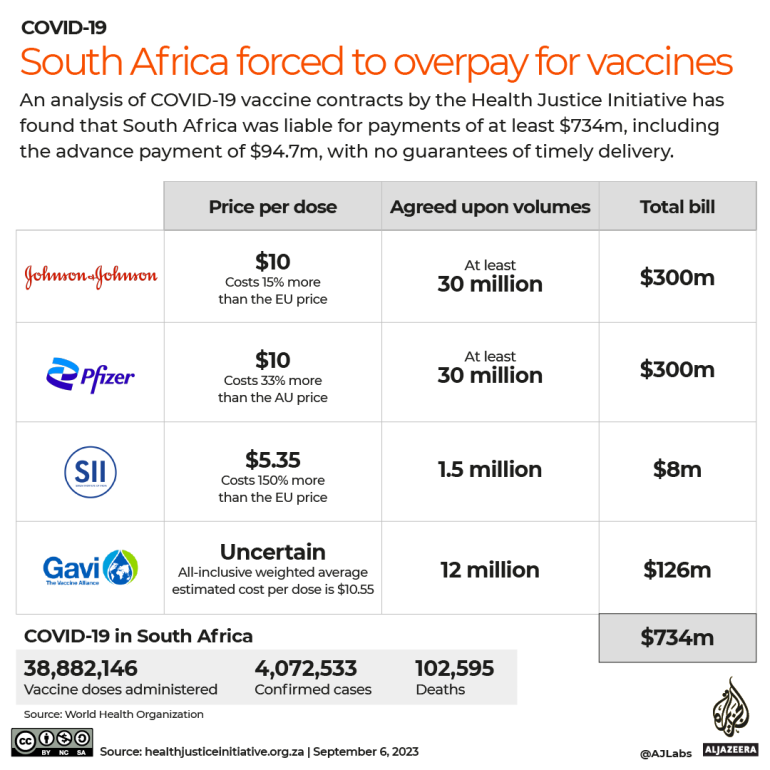
:quality(70)/cloudfront-eu-central-1.images.arcpublishing.com/thenational/RT6GOAYNLCOBULDA7RP4S6YSQA.jpg)
:quality(70)/cloudfront-eu-central-1.images.arcpublishing.com/thenational/HAYQ7IYPPN34DIBTCNQ6WD454I.jpg)




